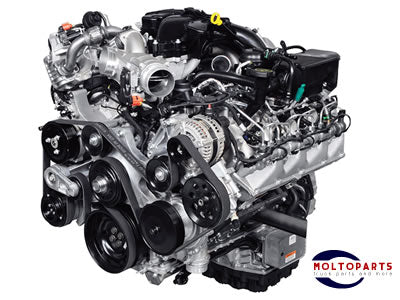
Future of Diesel and New Technologies to Power Trucks
- on November 19, 2020
- Categories: News
Want more news? Listen to today's daily briefing:
As We are seeing that there more and more options of hybrid and Electric Trucks entering into the market, like the new 2021 Freightliner ECascadia Elect Semi Truck which according to Daimler officials provides 730 Peak Horse power, a range of 250 miles, with a recharging time of 90 minutes for a 80% recharge, that makes a stiff competition on the years ahead for diesel powered trucks
But diesel can play a central role for the transportation sector as it moves toward a more sustainable future, one that is inclusive of many factors which — collectively — can help the industry achieve its environmental goals, a panel of experts said.
Wayne Eckerle, vice president of research at Cummins Inc. said during a Nov. 10 panel discussion hosted by the Diesel Technology Forum “As we think about zero emissions and the path to zero emissions, that change will depend on the energy sources that are available — and also on the applications and regional infrastructure and local regulations around the world,” “That path to zero will involve a mix of energy-convergent technologies that will use diverse carbon-neutral and renewable energy sources.”
“Around the world, we’re seeing an increased interest in sustainability and a demand for zero life-cycle greenhouse emissions,” he said.
“When it comes to renewable energies, there are multiple options available,” added Carrie Song, vice president of renewable diesel at Neste, which produces renewable fuels for multiple industries. And it is broad participation across industries, she said, that will help propel growth of renewable fuels.
She urged companies across sectors to consider the options that work best for them, and work toward adoption. As specially for services that requires a long distance and short availability of time to refuel, diesel or renewable diesel still will be difficult to beat. Michael Lefebvre, the company’s worldwide manager of marketing at John Deere Power Systems, said “diesel is part of the long-term mix and we expect future iterations of diesel engines will leverage a lot of new technologies” noting that other manufacturers’ momentum with batter-electric and hybrid technologies puts pressure on diesel — which has been around much longer — to keep pace.
“We see the role of diesel as being decades ahead,” Lefebvre said, “and that means we can’t stand still in terms of diesel design and efficiency.”





